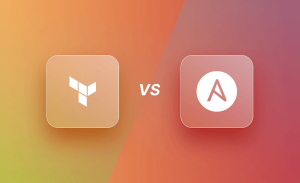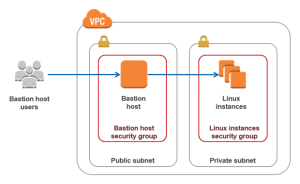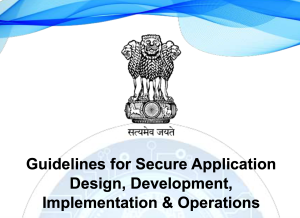
Ensuring the security of your source code is crucial to protect your organization from potential damage and maintain customer trust. Here are some best practices to consider for source code security:
- Establish a source code protection policy: Develop a set of rules, requirements, and procedures to handle and protect source code. Include secure access to repositories, encryption protocols, application hardening, and in-app protection methods. Document and train your team on secure coding practices and incorporate secure development methodologies into your software development lifecycle.
- Use source code security analysis tools: Employ Static Application Security Testing (SAST) tools to identify security flaws and vulnerabilities during development. These tools scan source code and dependencies for vulnerabilities and compliance with coding standards. Consider using Dynamic Application Security Testing (DAST) tools to identify vulnerabilities beyond the code, such as those found in third-party interfaces.
- Implement access control: Define who has access to source code and repositories. Use authentication and authorization mechanisms, including two-factor authentication, to ensure that only authorized individuals can access your source code.
- Encrypt and monitor sensitive data: Implement encryption for sensitive data both in transit and at rest. Continuously monitor your data for any suspicious activity and set up alerts to respond promptly to potential security incidents.
- Deploy network security tools: Implement network security solutions like firewalls, VPNs, anti-virus, and anti-malware software to protect your source code from external threats and ensure secure data sharing within your organization.
- Focus on endpoint security: Secure endpoints, such as desktops and laptops, with endpoint security software. Use Data Loss Prevention (DLP) solutions to prevent source code exfiltration and track the movement of sensitive data.
- Protect patents and copyrights: Ensure that your software concepts and inventions are protected by copyright law and relevant patents. Safeguard your proprietary source code as intellectual property.
How Endpoint Protector can help: Endpoint Protector DLP software is a comprehensive solution for monitoring file transfers and preventing source code leaks from both accidental and malicious insiders. It supports multiple operating systems and enables you to control USB and peripheral ports to prevent unauthorized copying of source code.
Endpoint Protector allows you to create custom DLP policies to classify source code as sensitive data and apply protection measures. It accurately identifies programming languages and applies DLP policies to monitor and protect source code. The software also offers encryption for data copied onto USBs and provides reporting and analysis tools for incident prevention and mitigation.
By following these best practices and utilizing tools like Endpoint Protector, you can enhance the security of your source code and safeguard your organization’s valuable intellectual property.






